Food insecurity can be defined as the lack of access to adequate amounts of healthy, nutritious and culturally appropriate foods, caused by a lack of money or other resources. The fact of the matter is that over 60 million Americans experienced the indignity of food insecurity in 2020, and there is currently no end in sight.
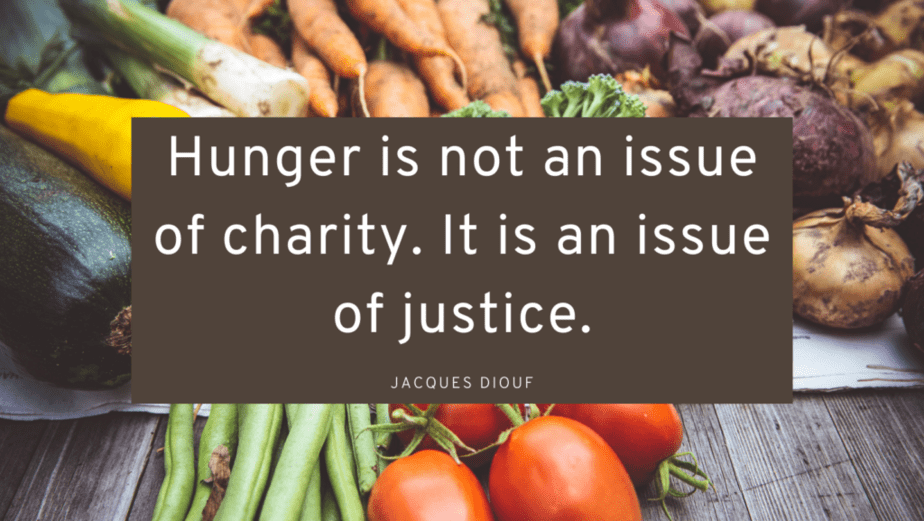
While I am lucky enough to have a full tummy and plenty of food in the pantry, I am hungry for change. I hope you'll join me in the quest for a brighter, more equitable and well-nourished future.
If you are someone who is experiencing food insecurity, please know that you are not alone. Below are links to government assistance programs and privately run, not-for-profit organizations that may be able to help you.
If you are interested in getting involved in this area of food justice, there are plenty of organizations that could use your help. Keep scrolling to learn more.
Know of an organization that should be featured on this page? Let me know in the comments below!
Jump to:
I have the audacity to believe that people everywhere can have three meals a day for their bodies, education and culture for the minds and dignity, equality and freedom for their spirits."
Martin Luther King, Jr.
The Problem of Food Insecurity in America
As if a global pandemic were not enough to bear, COVID-19 has had far reaching implications beyond the illness itself. It may come as a surprise that nearly 1 in 4 American households experienced food insecurity during 2020. Perhaps more shocking is the fact that nearly 30% of households with children were food insecure during the same year.
Unfortunately, while the problem of food insecurity has become more publicized during the last 18+ months, hunger is far from being a new problem. In fact, 10.5% of American households were considered food insecure in 2019; that's over 35 million Americans who didn't have consistent access to nutritious food, before anyone had even heard of COVID.
Hunger is not a problem. It is an obscenity."
Anne Frank
As the wealthiest nation that has ever existed, I find it both alarming and shameful that we haven't found a better way to ensure that everyone has equal access to the most basic human right: food. While there are currently several government programs and many charitable food banks in operation, we haven't yet figured out to keep our nation fed.
I firmly believe that by having more people learn about and discuss these issues, we are more likely to find lasting solutions. We need to:
- De-stigmatize hunger and poverty.
- Discuss uncomfortable subjects - like structural racism - and how social norms contribute to the hunger crisis.
- Demand that the government stop subsidizing commodity crops that are worsening the obesity epidemic and instead focus on incentivizing the purchase of healthy, nutritious foods.
Whether you are someone who is currently living the reality of not knowing where your next meal is coming from, or if you have never known hunger in your life, or you're somewhere in the middle: we need to work together toward a lasting solution to the scourge of hunger.
In the meantime, there are a lot of people out there working for change. Below are both public and private organizations that are working in the food insecurity realm.
If you see any missing content, please let me know in the comments below!
My motto in life is ‘If you think it, you can do it’ and if we all apply that thought we can end hunger the world over."
Dionne Warwick
Private Food Insecurity Organizations
Charitable organizations focusing on alleviating hunger are abundant. If you need food for your family right now, these groups may be able to help.
All of us need help sometimes. Now, more than ever, the Feeding America network of food banks is here to help you get access to food and other assistance.
STUDENT HUNGER IS REAL. WE CAN HELP END IT. In the 2020 – 2021 school year, we provided 500,000 meals to students across the nation.
Every kid needs three meals a day to grow up healthy, happy and strong. But today in America, too many children are missing those meals. The good news? This is a problem we know how to solve.
Find a list of anti-hunger organizations in your state.
A comprehensive list of NYC Neighborhood Food Resources
Meals on Wheels focuses on caring for individuals whose diminished mobility makes it hard to shop for food, prepare meals or socialize with others. Generally programs serve adults 60 and over, although age requirements can vary by program and areas served.
- This organization connects individuals to affordable foods and promotes community-based solutions that result in self-reliance, economic justice and food security.
Every gun that is made, every warship launched, every rocket fired, signifies in the final sense a theft from those who hunger and are not fed, those who are cold and are not clothed."
Dwight D. Eisenhower
Government Food Programs
If you are looking for food assistance, these government run organizations can help.
This non-profit organization helps you sign up for Food Stamps - without dozens of pages of confusing government paperwork. Find out how much you could save by seeing if you qualify right now.
SNAP provides nutrition benefits to supplement the food budget of needy families so they can purchase healthy food and move towards self-sufficiency.
WIC provides supplemental foods, health care referrals, and nutrition education to pregnant, breastfeeding, and non-breastfeeding postpartum women, and to infants and children up to age five.
The TANF program provides states and territories with flexibility in operating programs designed to help low-income families with children achieve economic self-sufficiency.
(TEFAP) is a federal program that helps supplement the diets of low-income Americans by providing them with emergency food assistance at no cost.
The Commodity Supplemental Food Program (CSFP) works to improve the health of low-income persons at least 60 years of age by supplementing their diets with nutritious USDA Foods.
A federal program that provides reimbursements for nutritious meals and snacks to eligible children and adults who are enrolled for care at participating child care centers, day care homes, and adult day care centers.
CACFP also provides reimbursements for meals served to children and youth participating in afterschool care programs, children residing in emergency shelters, and adults over the age of 60 or living with a disability and enrolled in day care facilities.
The NSLP is a federally assisted meal program operating in public and nonprofit private schools and residential child care institutions. It provides nutritionally balanced, low-cost or no-cost lunches to children each school day.
The SBP provides reimbursement to states to operate nonprofit breakfast programs in schools and residential childcare institutions. State education agencies administer the SBP at the state level, and local school food authorities operate the program in schools.
The SFSP is a federally-funded, state-administered program. SFSP reimburses program operators who serve free healthy meals and snacks to children and teens in low-income areas.
The SFMNP is designed to:
- Provide low-income seniors with access to locally grown fruits, vegetables, honey and herbs.
- Increase the domestic consumption of agricultural commodities through farmers' markets, roadside stands, and community supported agricultural programs.
- Aid in the development of new and additional farmers' markets, roadside stands, and community support agricultural programs.
A number of federal tax credit programs are designed specifically for workers with children and dependents. The goal of these programs is to help workers maintain employment by offsetting the costs related to caring for children and dependents.
This section includes general information about tax credits for families, as well as specific information about the Child Tax Credit, the Child and Dependent Care Tax Credit, and the Adoption Tax Credit.
In addition, this section explores credits available for those investing in their education and health.
Food is national security. Food is economy. It is employment, energy, history. Food is everything"
José Andrés
Community Gardens and Kitchens
Growing and cooking your own food are some of the best ways to ensure food sovereignty. While there is a learning curve to both gardening and cooking, there are many organizations working to fund and teach about starting these community projects.
Growing some of our own food either in our backyard or in our community is a simple yet effective way of taking power over our health and well-being while at the same time working for the greater good.
The American Community Gardening Association (ACGA) is a grassroots non-profit advocacy organization focused on community gardening. Our mission is to build community by increasing and enhancing community gardening and greening across the United States and Canada.
If you are a newbie or intermediate farmer, we welcome you on your regeneration journey! Check out our favorite tips, tricks, resources, and various training programs to get fully equipped with the basics to get in the gardening groove and mood!
Founded in 2011, we operate local urban farms, increase access to and knowledge of healthy food for Harlem residents, and provide garden-based development programs to Harlem youth.
We believe that challenges unique to urban communities like Detroit (e.g., vacant land, food security) present a unique opportunity for community-supported agriculture.
We hope to empower urban communities by using agriculture as a platform to promote education, sustainability, and community while simultaneously reducing socioeconomic disparity.
We grow healthy produce across a network of seven urban farms in the heart of St. Louis and donate the majority of the harvest to nonprofit partners serving communities with limited or non-existent access to healthy, nutritious food. We also educate and engage the surrounding community in these efforts.
IF YOU GROW TOGETHER, YOU GROW TOGETHER
RFP's mission is to grow strong communities that think presently, act intentionally, and lay the groundwork for something beyond what we can see. Help us spread this dream of edible, urban gardens, and nourish our neighborhoods one city-block at a time.
Whitelock Community Farm provides affordable and sustainable fresh food to members of the community, supports neighborhood job creation, and helps promote gardening, composting, and positive community activity.
In support of their mission, they also host farm-based learning programs such as gardening and cooking classes for children and adults.
AmpleHarvest.org helps millions of backyard gardeners easily find a local food pantry to which they can donate their extra garden produce.
If we can conquer space, we can conquer childhood hunger."
Buzz Aldrin
Ways to Get Involved
Ending hunger in the world is a monumental task, and we need all hands on deck. If you are looking for ways to get involved, these are excellent places to start.
The Food is Free Project is a worldwide movement of people growing and sharing food freely. We encourage connecting with your neighbors by planting a front yard garden or sharing your harvest with a #foodisfree table.
The mini pantry movement is a grassroots, crowdsourced solution to immediate and local need. Whether a need for food or a need to give, mini pantries help feed neighbors, nourishing neighborhoods.
Struggling children and families need your help more than ever during the continued pandemic. Each dollar donated will provide $8 worth of the food and essentials we are working tirelessly to get into the hands of the most vulnerable in the US and around the world.
We’re on the road to end hunger, aligned with the United Nations Sustainable Goal #2 of Zero Hunger. From the implementation of sustainable community development projects to our meal packaging program that harnesses the passion of local volunteers, we strive to make an impact on hunger by building resilience, self-sufficiency and empowerment in communities worldwide.
People-power makes us what we are: a powerful, rooted, independent force dedicated to ending the injustices that cause hunger.
Heifer USA supports small-scale farmers to deliver fresh, nutritious food to reliable markets by providing them with training, education and resources needed to sell their products for a fair price. This work is critical to helping small-scale American farmers lift themselves out of poverty.
Mealshare exists to make sure youth hunger is ended within our lifetime. We’re committed to creating a world where it’s easier to share with those in need, and every child and youth is fed as a result. And, we won’t stop until that’s happened.
Penny Appeal USA is a relief and development organization with a really BIG vision for the world. We want to create the best communities we can; to break the cycles of need and poverty for good. That’s why we work to turn small change into a BIG DIFFERENCE.
With each year, the number of meals packed by Hunger Fight volunteers has grown significantly. Hunger Fight staged 68 meal packing events in 2020, producing over 2.49 million meals.
Other Resources:
If you're still hungry for change, I'm right there with you. Our food system needs a massive overhaul! Here are some other resources that you might find interesting:
- Civil Eats - Civil Eats is a daily news source for critical thought about the American food system. We publish stories that shift the conversation around sustainable agriculture in an effort to build economically and socially just communities.
- FoodTank - Food Tank is "the think tank for food," dedicated to building a global community for safe, healthy, nourished eaters through policy, education and community organization.
- FoodCorps - Together with communities, FoodCorps serves to connect kids to healthy food in school. Help us create a future in which every school is a healthy one and every kid has a shot at success.
- Rock & Wrap It Up! - Check out this award-winning anti-poverty think tank if you'd like to volunteer. They research, discover and nurture potential donors who have renewable assets to share.
- The National Council on Aging - Check out this great post from NCOA, which has some great tips for helping seniors get the nutrition they need: Resources and Support for Older Adults Living Alone: A Comprehensive Guide (2023)
- The Gaton Foundation - This Queens, NY company is aiming to activate the community by inspiring optimism, connection, access, social health, and wellness (in all forms—including food access).
More Community Resources
- Food Workers — Fighting Systemic Inequality In The Food System
- Surprising Secrets Revealed: 13+ Unconventional Ways & Places to Slash Your Grocery Bill
- Don't Buy It, DIY It! 12 Budget-Friendly Breakfast Hacks So You Can Save $$$ and Ditch the Packaging for Good
- How to Combat Inflation at the Grocery Store

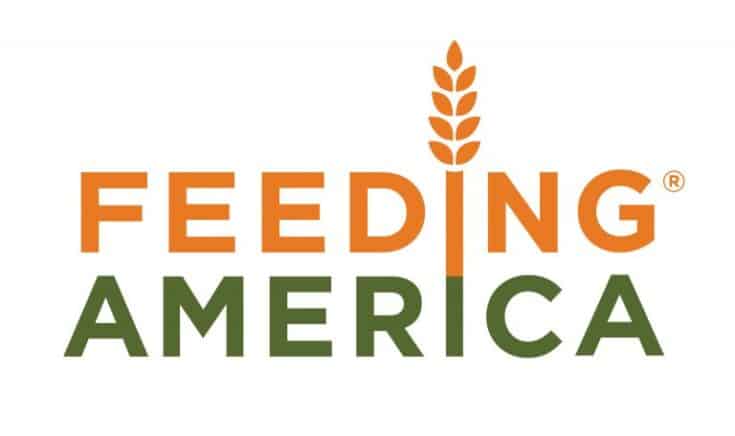
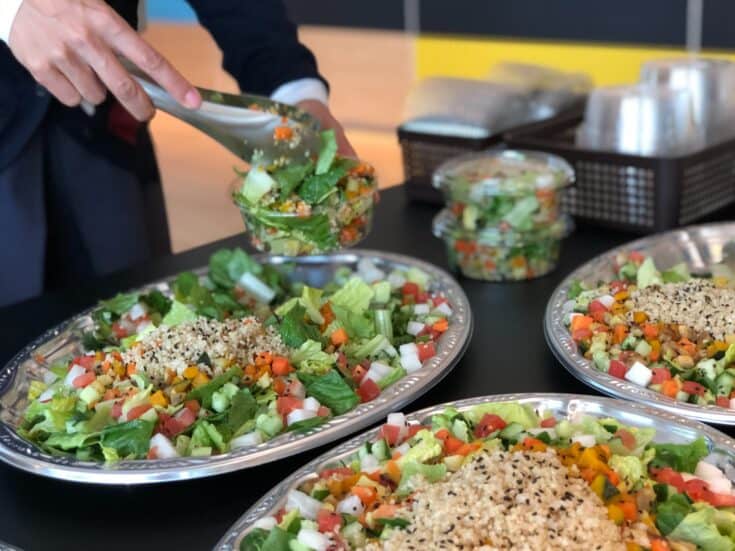
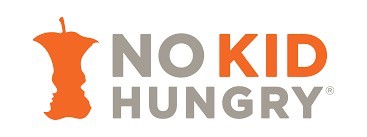
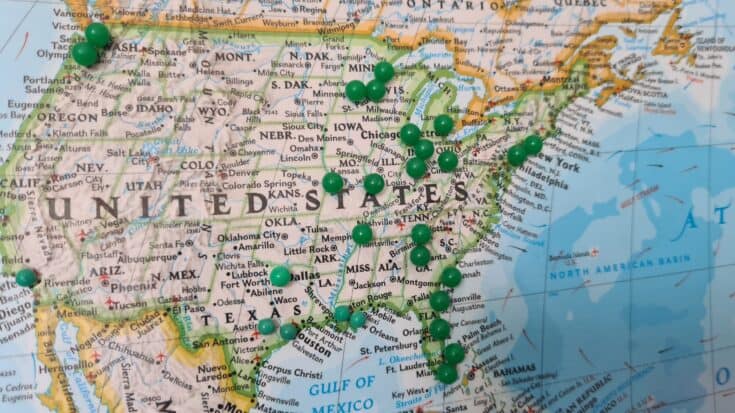
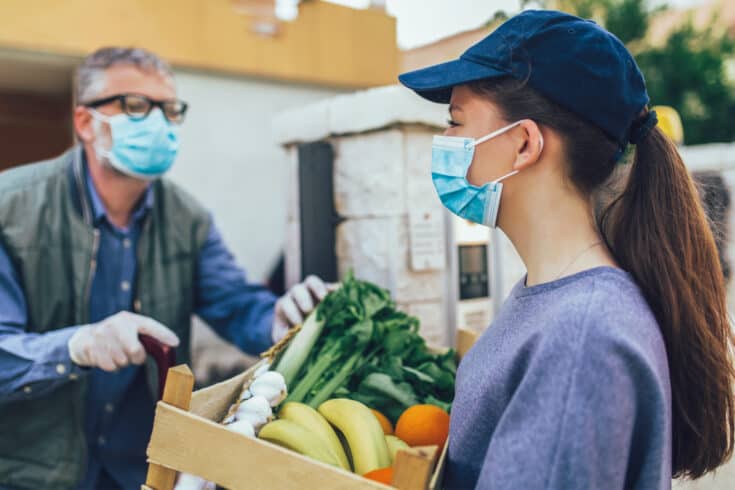

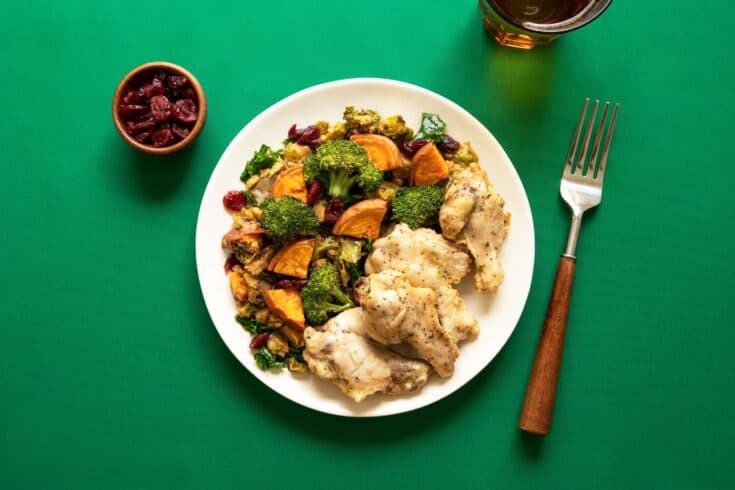
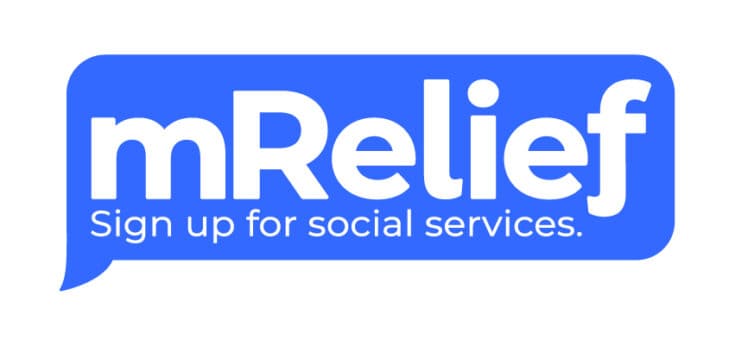
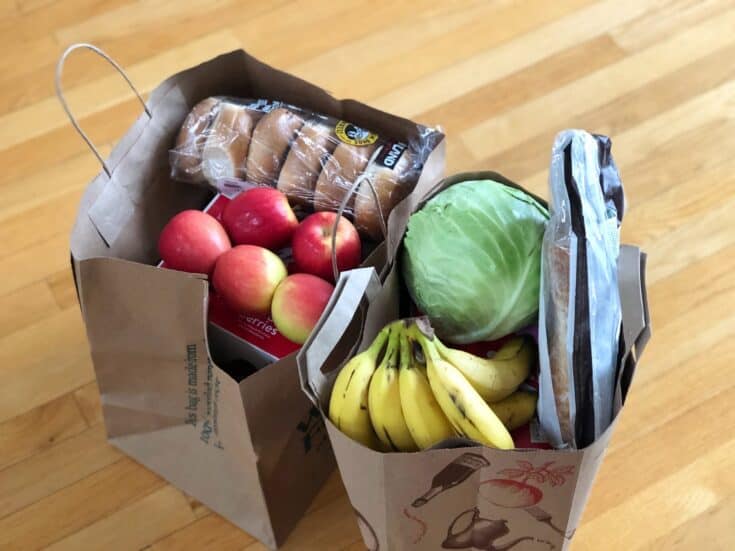

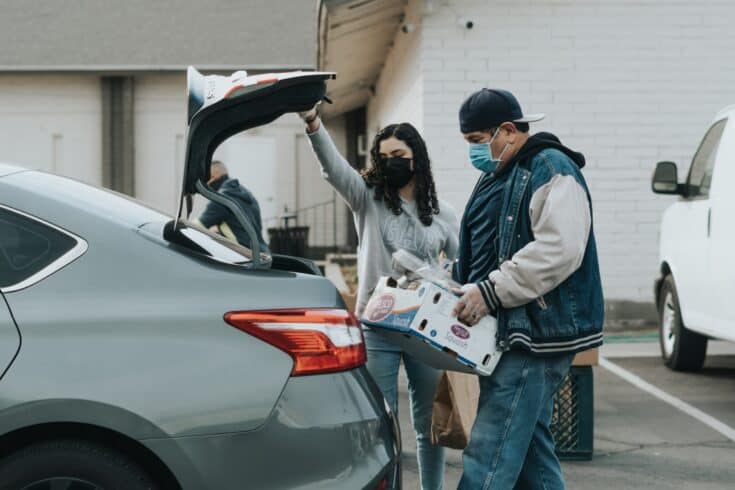
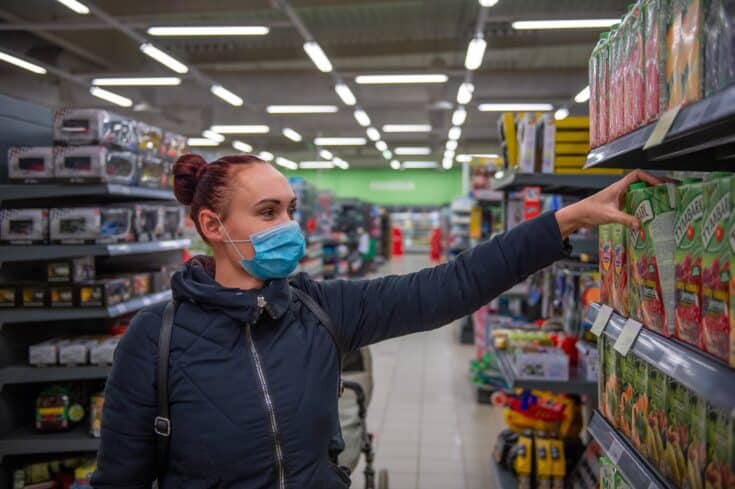
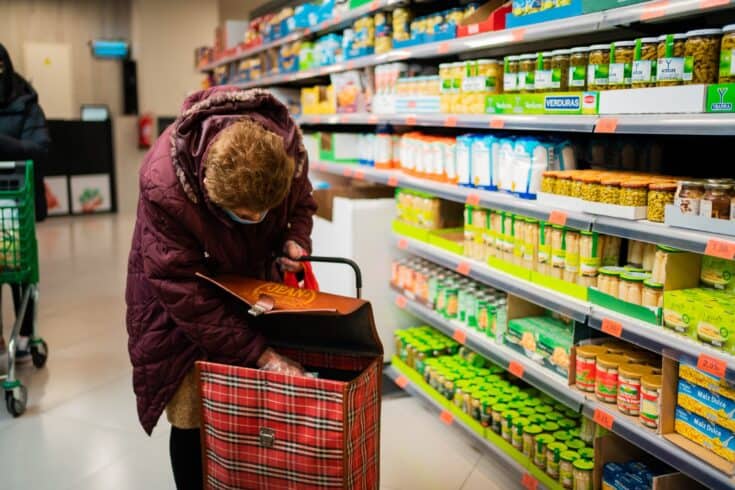


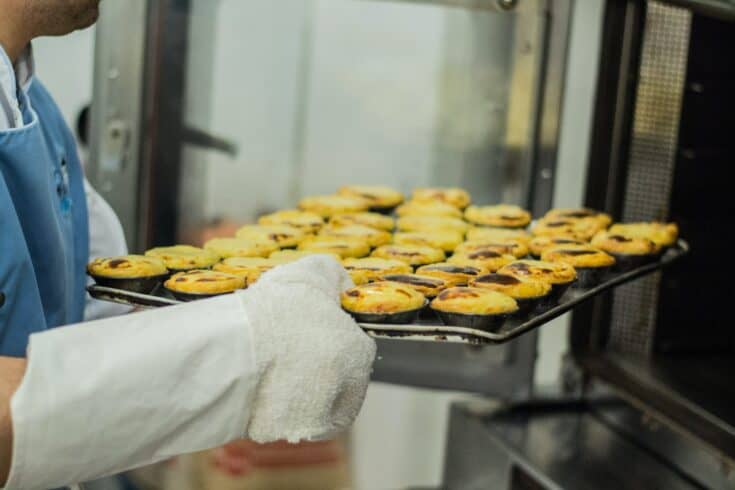
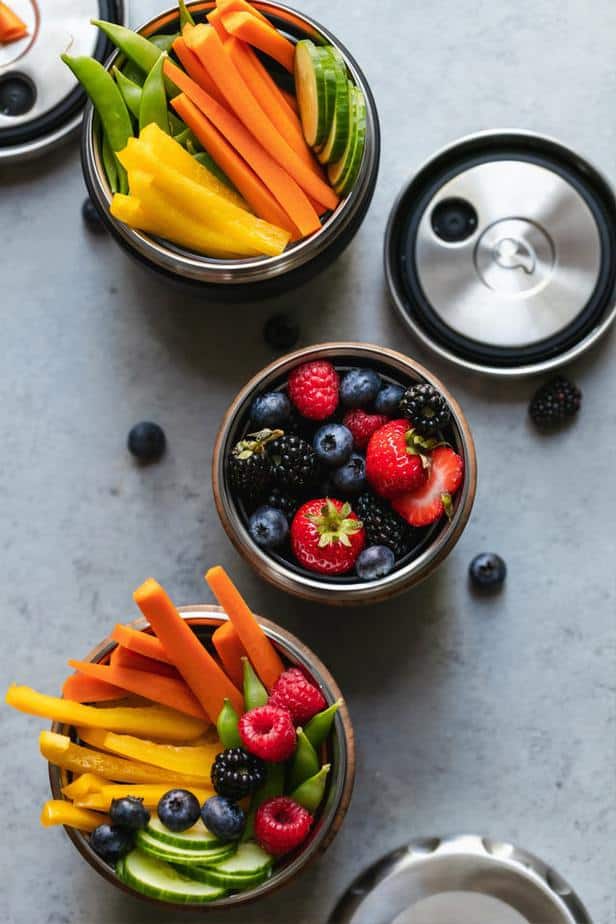
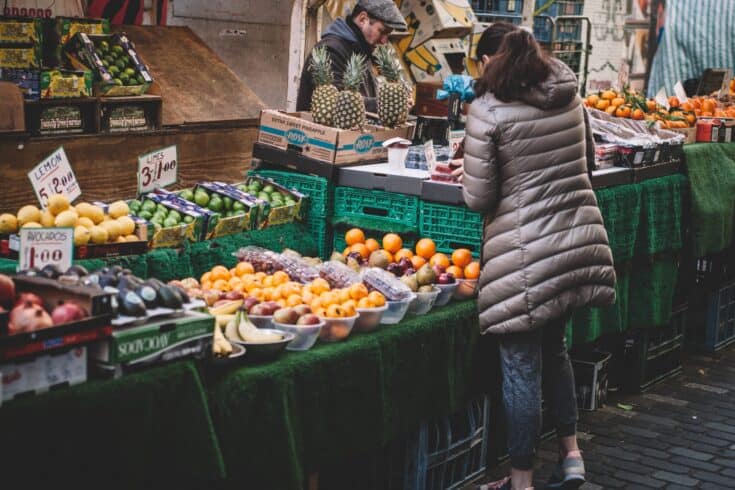
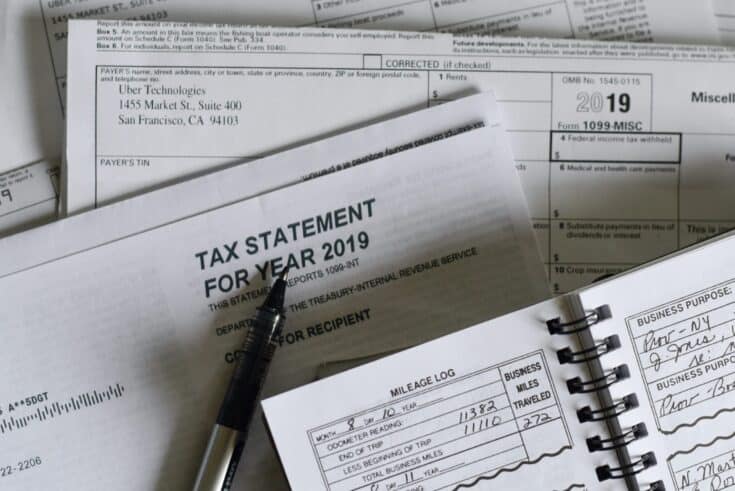
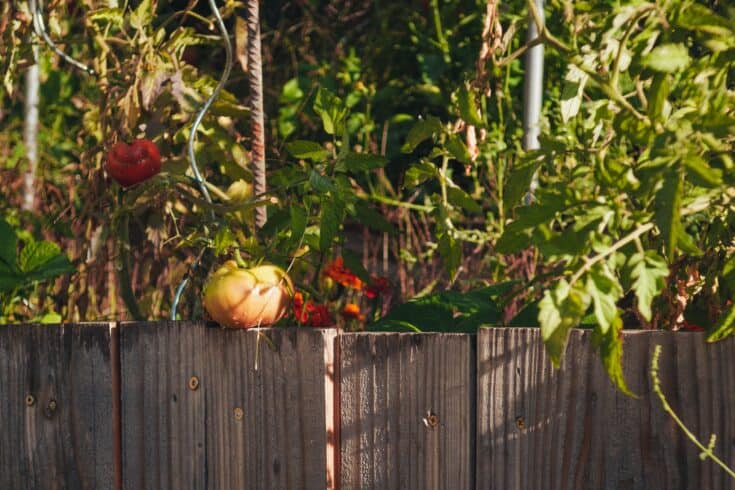
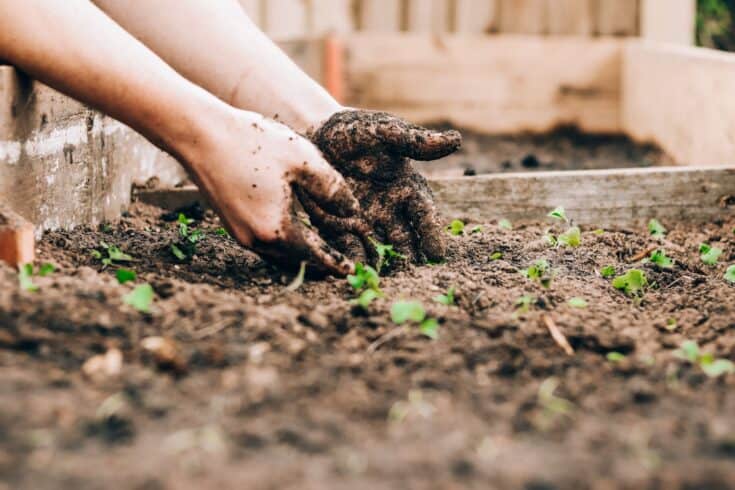
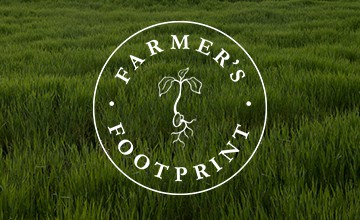
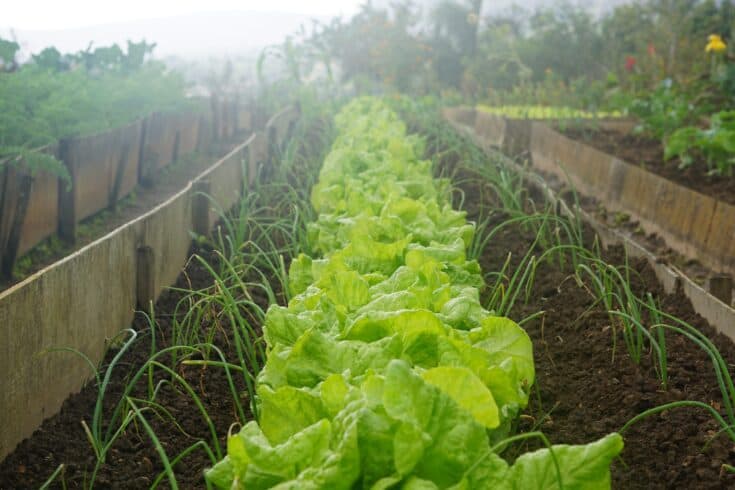
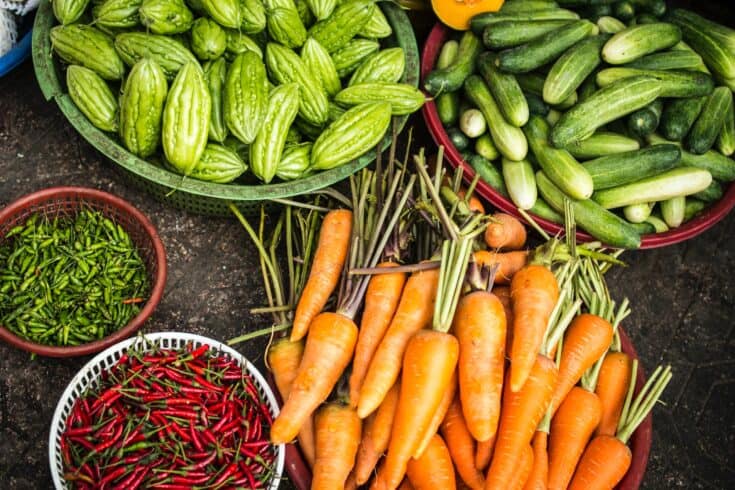
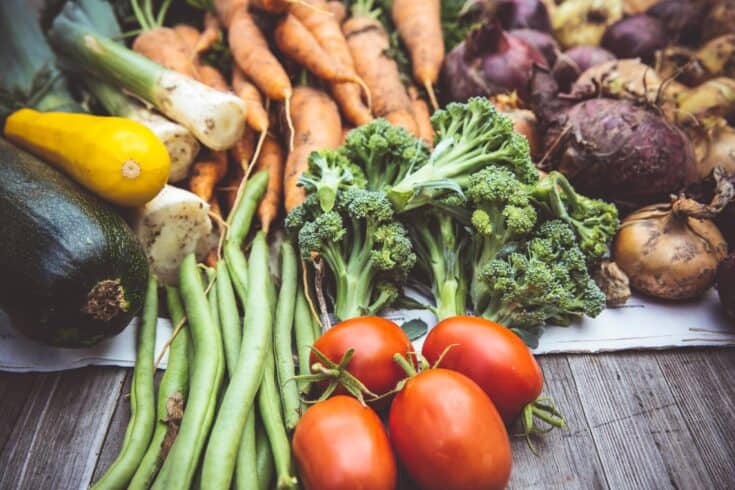

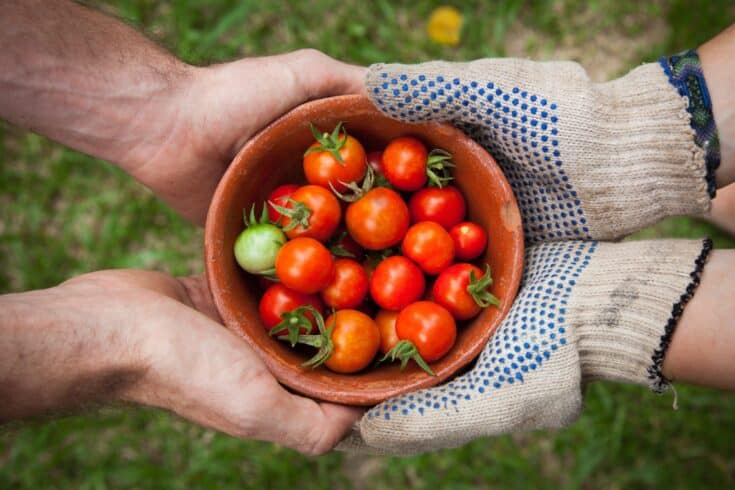
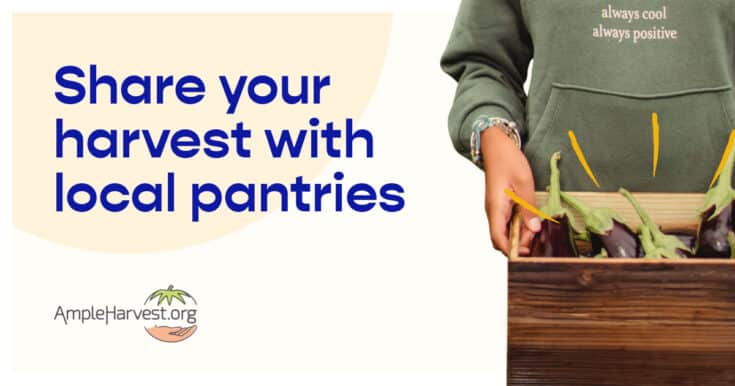
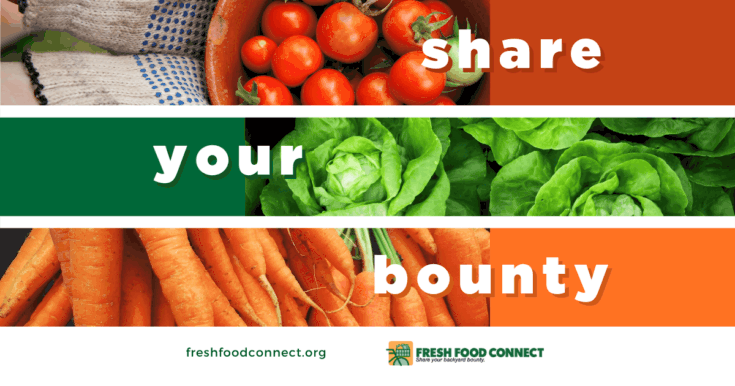

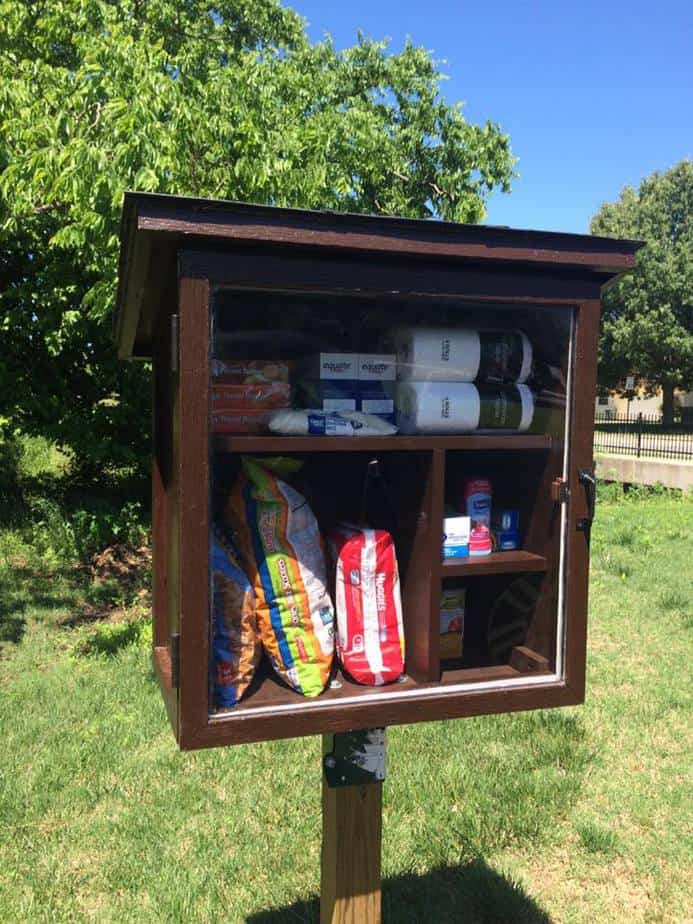
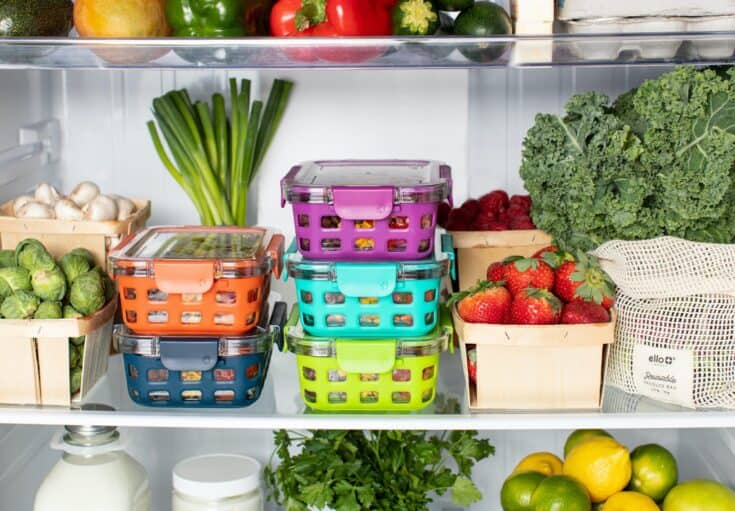
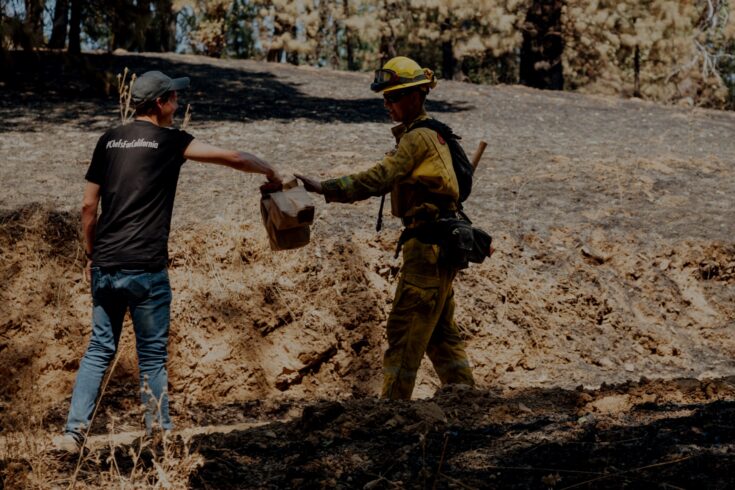


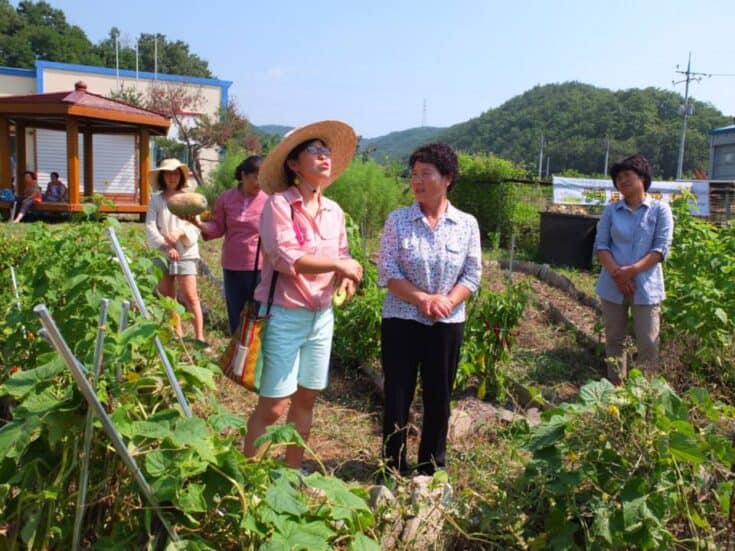
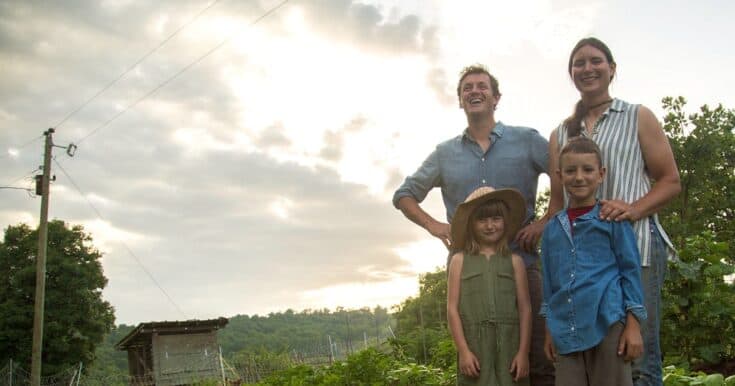
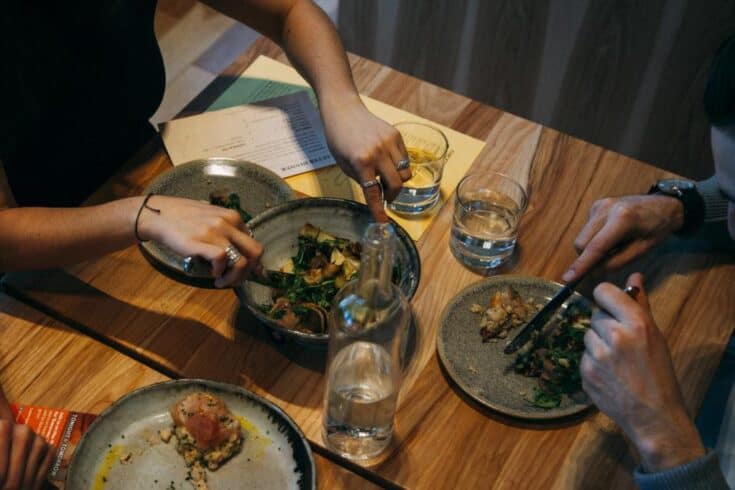
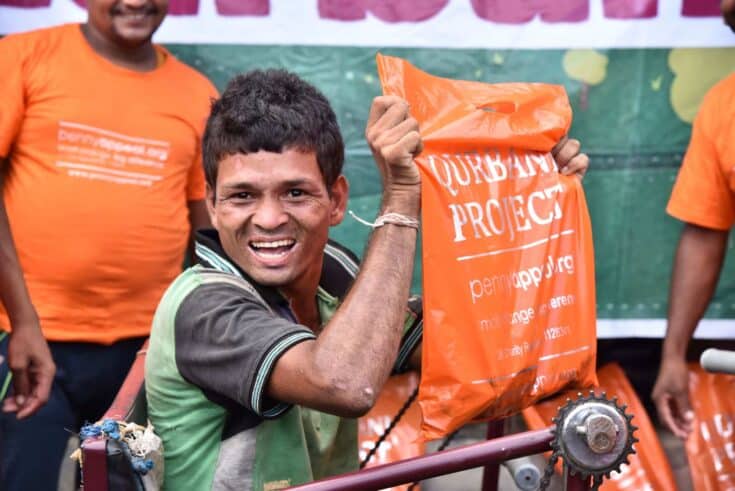
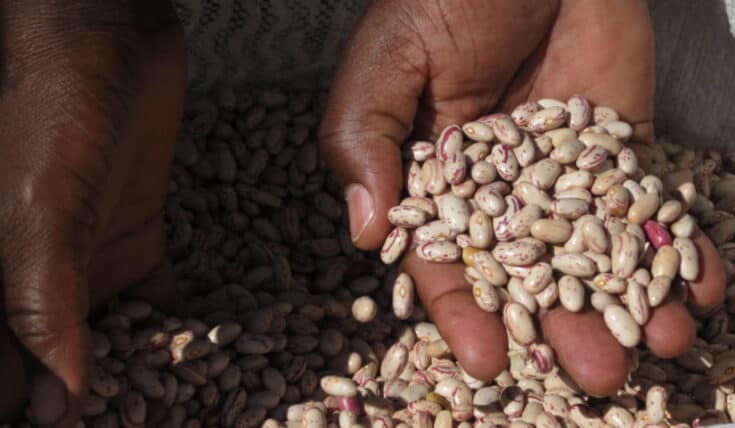
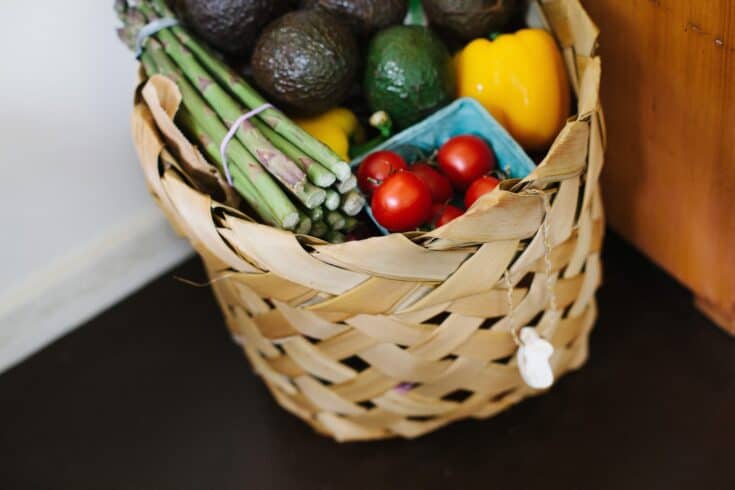
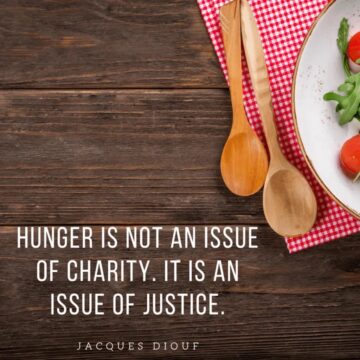


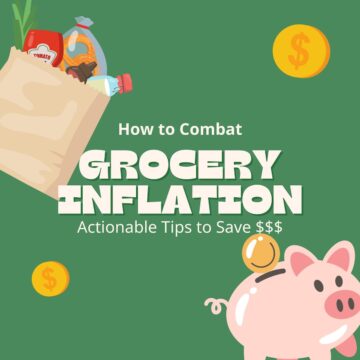
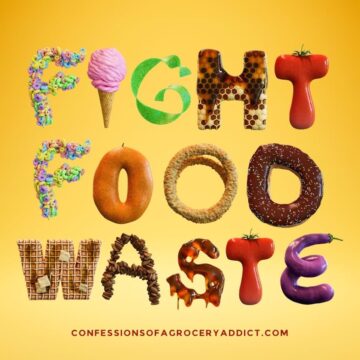
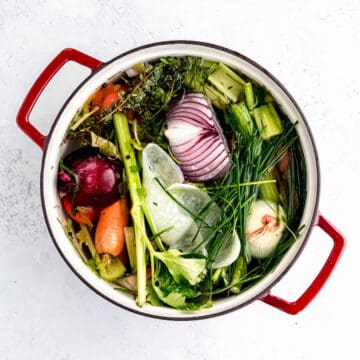
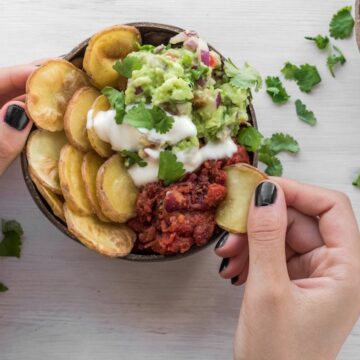

Melissa says
The Gaton Foundation in Queens New York is developing programs hoping to provide a multi pronged approach to food insecurity and access.
@thegatonfoundation
Thegatonfoundation.org
Ash, The Grocery Addict says
Thank you Melissa! I love that—adding it now!